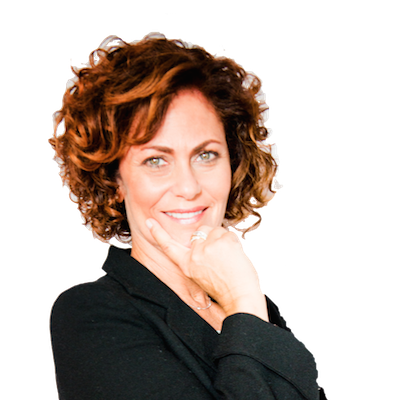The demographic gift of the 21st century is 30+ additional years of life. These 30+ years of longevity aren’t simply tacked onto the end of life, creating more years of decrepitude.
Instead, they are threaded throughout our lives, adding new years to life stages like young adulthood, and of particular interest to me, midlife; so much so that I coined the term “Middlescence” to describe this new life stage.
Allianz, a financial services company, recently asked 3,000 consumers what they would do with the 30+ years added to their lives. The Allianz Longevity Project is a research study focused on planning for the additional years created by increases in longevity. This exciting study supports what I’ve been hearing from my coaching clients over the past dozen years, and it is the first glimpse at how people are thinking about and approaching these additional years and the expansion of these stages of our lives.
We’re Hopeful But Scared
We are looking forward to a longer life, albeit with trepidation. The study shows that 93% of people expressed having a favorable view of living these extra years. The problem is that when we think about our longer life expectancy we unconsciously think of ourselves as being old and less vital. We think about midlife as the beginning of a slippery slope of decline. As Arianna’s video illustrates, we have been fed ageist messages for years in our culture. It’s time we think long and hard about the potential, not just the pitfalls, of these additional years.
The Middlescence Factor: We need to sit at the feet of our lives, learn from our past, and let it inform a productive, inspired midlife.
We Have Regrets
A full 32% of Americans say they regret a major decision they have made in their lives, like when and where they went to college; their career choice; and when and where they worked. Allen*, a former coaching client of mine, also felt this way. Twenty-five years ago, right out of college Allen took a job in the financial services industry because it was the kind of career he was expected to have; it made good practical sense, and he thought it would provide the trappings of a happy life. Twenty years later he found himself divorced and miserable at work. He summoned the courage to make a change.
The Middlescence Factor: We have become habituated to making huge life decisions – like our career – in our late teens and early twenties and think that anything less than continuing on that path to retirement is a failure. It turns out that life is too long for one decision made so early in our life to be the measure of our success.
Taking More Risks
Our middle years will become synonymous with a second adolescence: a time when we create new opportunities, explore different career paths, invest in our outside interests, volunteer and engage in our community. Once again, the Allianz study bears this out. Nearly 25% of people said they would take more risks knowing they had more time. Traveling extensively (56%) and living in a different country (35%) were the most common “gutsier” choices. Remember Allen? He decided to take a huge risk and live his dream. His childhood dream was to become a pilot. He started over in the aeronautics industry and is happier than ever.
The Middlescence Factor: We have access to our wisdom and experience, not to mention our network, in ways we did not during our younger years. Choices that may seem risky are actually more informed. Our experience tells us that we are resilient when things do go wrong and need course correction.
We Have the Tools to Help
The old paradigm of our how we experience our adult years is ripe for change. People at midlife have the talent, energy and desire to make changes in their lives, but have no construct for how to think about it or even what to call it. Almost half (49%) of Americans said they want a new model – one that is nontraditional – for living their middle years.
The Middlescence Factor: Learn more about middlescence and how to navigate it here.
*Allen’s name has been changed to protect his privacy.
Allianz is a 115-year-old company offering annuities, life insurance and retirement and planning tools. Parent company, Allianz SE serves 83 million customers worldwide. More about the study, click here.


